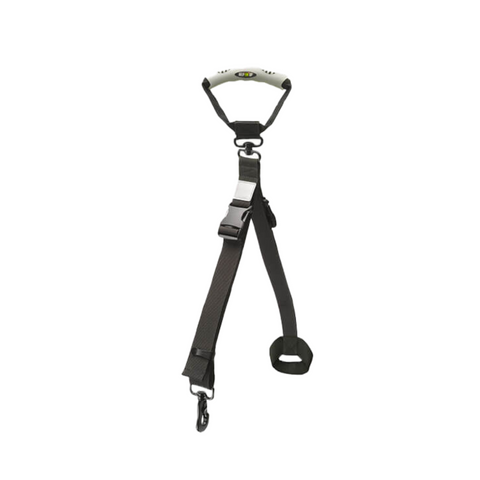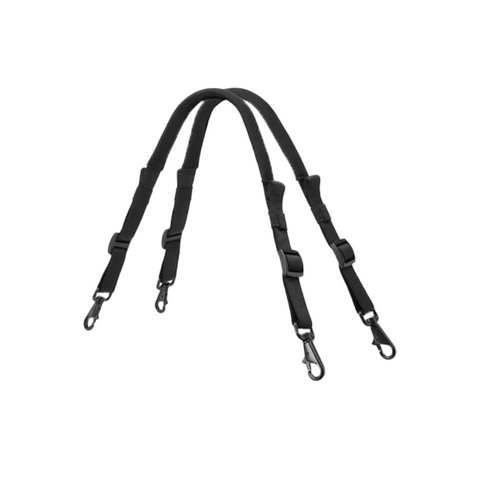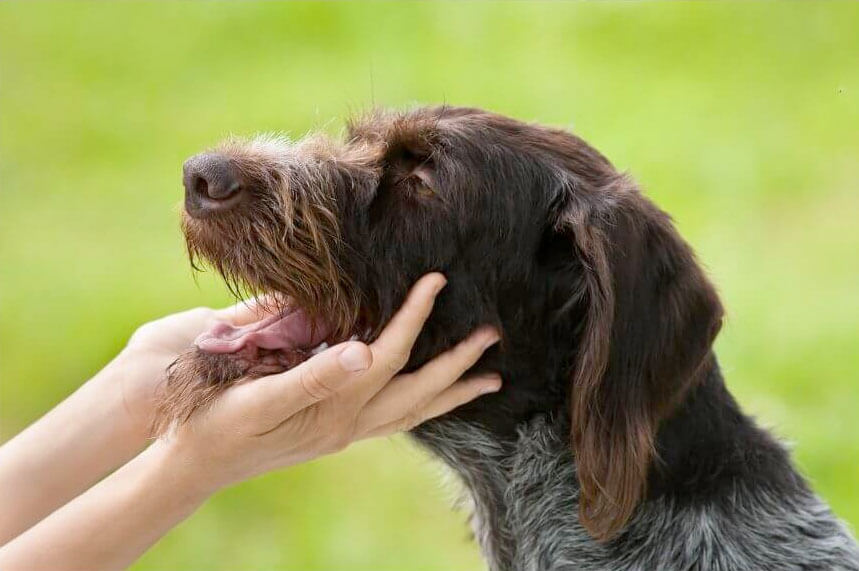“That puppy is so cute, he is going to love everybody… That dog looks old, so old he wouldn’t possibly bite anyone.” Right? Not always.
The fact is not all dogs like to be petted or cuddled. That doesn’t make them bad dogs. However, approaching an unfamiliar dog correctly can save you, the dog, and the owner a lot of headaches. Here we’ll talk about how to greet a dog the correct way.
Think about puppies when they are among their Mom and litter mates. They don’t approach their brothers and sisters face-to-face. There is little or no eye contact and no hugging. Dogs generally meet side on in relative silence. There is a lot of sniffing. Some dogs will even show respect to another dog by lowering their height and rolling over to show their belly. These actions indicate there is no threat.
When humans greet each other, we do so face-to-face, make eye contact, and use hand movements. However, using this style in the canine world does not necessarily mean the same thing. As we lean down above them and look into their eyes, this can be perceived as threatening. They are actually afraid you may hurt them or their owner.
A Dog on Leash
If you come across a dog on a leash, the fight or flight option can kick in. However, most dogs know that flight is not an option. There may be a low growl signaling to “back off” to let you know the dog is not comfortable. However, you can’t always expect a warning signal as some dogs may skip the vocal reactions and attack.
If a dog is on leash, his first impression will be to look for the reaction of his owner and their body language. If he sees that you have not frightened his owner, he may feel more relaxed. Always ask the owners for permission to greet their dog. Remember, it is the dog’s space you are invading!
If the owner gives his consent, let the dog come to you. Also:
- Don’t make eye contact
- Don’t bend over the top of the dog – lower your height a little instead
- Never hug the dog
- Do not run
- Do not walk up from behind the dog
And, do not offer your hand to sniff – he may see this as an opportunity to bite! Try and remain still. If he starts sniffing you quietly, this is his way of greeting and generally means that everything is okay. Once the dog is happy, you can stroke him lightly. If the dog moves away from you, this is the dog’s way of telling you the interaction is over. Respect that and move on. Don’t keep forcing your attentions onto a dog whose body language is telling you otherwise.
It is very important to teach your child how to approach a dog. Their natural instinct is to run up and start hugging him. This can be very dangerous as their face might be equal in height to the dogs. It is best never to leave a child alone with a dog.
Remember with dogs it’s important to pass the sniff test! Don’t believe that because you love dogs, all dogs will love you too. Dogs have their own language and protocols for meeting strangers (dogs and people) and, if you’re really a dog person, you’ll respect their preferences.
Greeting a dog the correct way will keep you and the dog safe!



